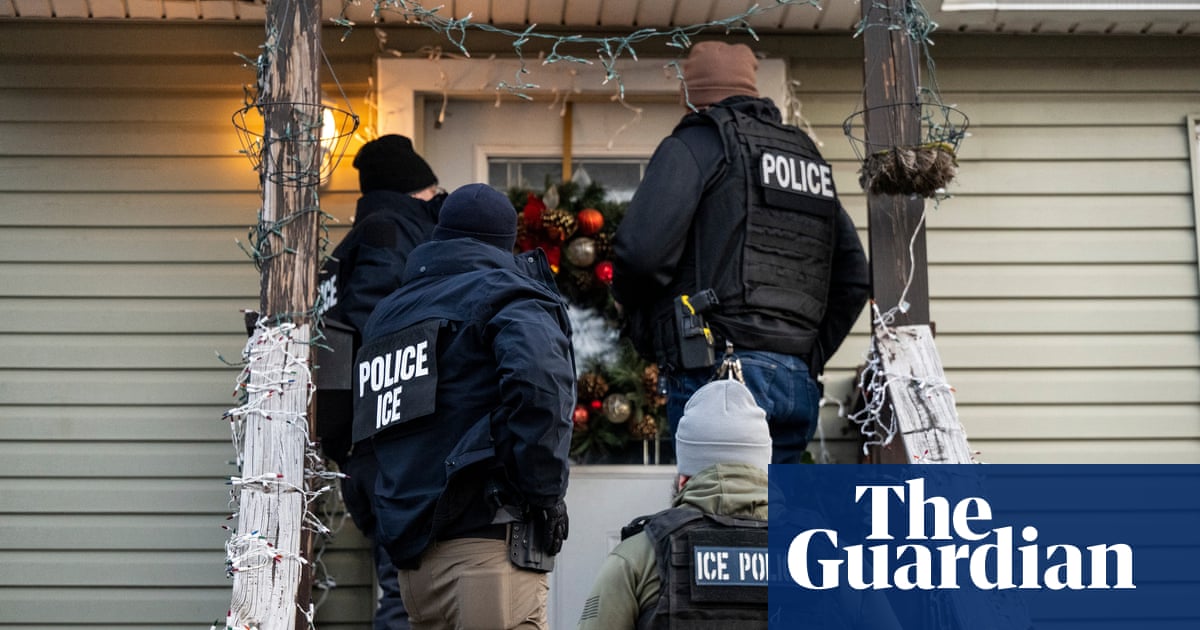Trump Administration Faces Allegations of Rights Violations by ICE During Immigration Enforcement
Activists claim federal agents violated the rights of 22 individuals, including a U.S. citizen, during recent immigration arrests in Chicago.
Overview
In the wake of President Trump's visit to the Kennedy Center and reformation of its board, Chicago activists allege that federal immigration agents violated the rights of 22 individuals, including a U.S. citizen, during enforcement arrests in his second term. The arrests are claimed to breach a 2022 agreement concerning 'collateral arrests,' which allows enforcement selectively and based on probable cause. The complaint seeks to challenge current procedures of U.S. Immigration and Customs Enforcement (ICE), while Trump's controversial leadership continues to generate scrutiny and dissent within cultural institutions and communities affected by his policies.
Report issue

Read both sides in 5 minutes each day
Analysis
- Trump is reshaping the Kennedy Center, prioritizing a 'Golden Age in Arts and Culture' according to his vision, while critics argue this threatens the integrity of the arts.
- The removal of content related to Native American Code Talkers and other diverse military contributions from military websites following Trump’s DEI order raises concerns about the erasure of significant cultural history and diversity in the military context.
- There remains a debate on the impact of Trump's policies on institutions and representation in arts and history, as reactions from various communities and former military personnel continue to highlight differing viewpoints.
Articles (6)
Center (4)
FAQ
Activists allege that ICE violated a 2022 agreement by making warrantless arrests without probable cause, detaining individuals who were not the targets of the operation, and failing to follow proper procedures for 'collateral arrests.'
Advocacy groups have filed a federal complaint seeking the release of detained individuals, sanctions against arresting officers, and more transparency in ICE operations. Additionally, some groups have filed lawsuits against planned deportation raids.
These allegations highlight concerns about aggressive immigration enforcement, particularly in sanctuary cities like Chicago, where the administration has been criticized for targeting undocumented immigrants and allegedly retaliatory actions.
The 2022 agreement outlines how ICE can conduct 'collateral arrests,' requiring probable cause and specific procedures to be followed. It applies to several states, including Illinois, and its violation could have nationwide implications.
History
- 7M

 3 articles
3 articles




